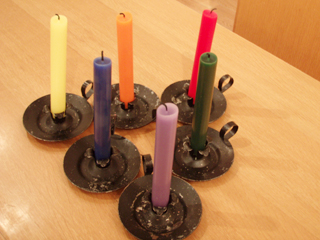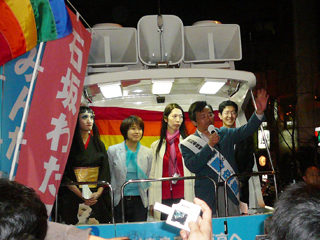Rumiko NISHINO, Museum director
Women’s Active Museum on War and Peace
【The article below is the same as the article that appears in the eighth issue of the CGS Newsletter.】
Since the Comfort Women Resolution (H. Res 121) was submitted to the U.S. House of Representatives, Prime Minister Abe has repeated his denials regarding the enforcement of the Imperial Japanese Army, while continuing to uphold the Kouno Statement. However, after criticism from the victim nations and the international community, including the US media, Prime Minister Abe suddenly changed his attitude. He “apologized” to President Bush during his visit to the US and President Bush “accepted his apology.” What is the meaning of this strange dialogue between Prime Minister Abe apologizing to President Bush, a non- victim of the comfort women issue, and President Bush “accepting” his apology? What does such an “apology,” which ignores the actual victims, achieve?
 Aika TAIRA
Aika TAIRA